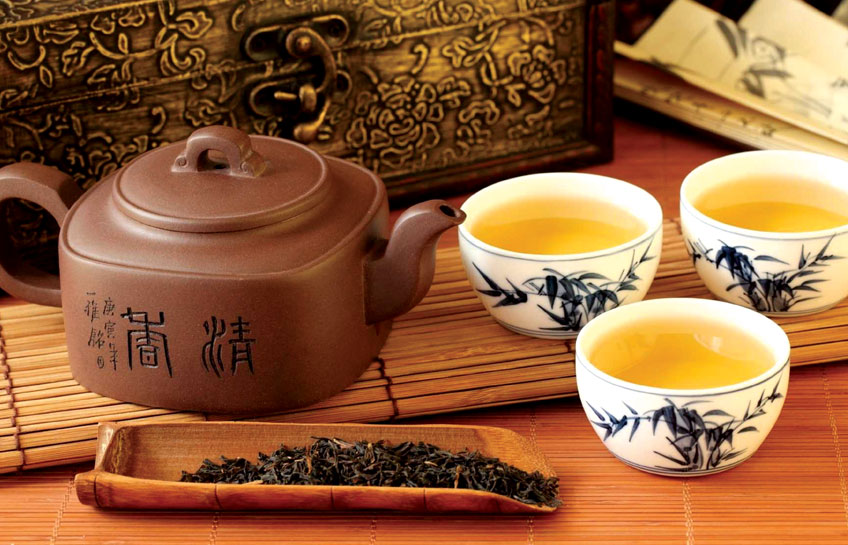All civilizations have drinking cultures, and beverages come in many forms and preparations, too many thousands to mention. Beverages made from various types of plants have been consumed since ancient times. And tea, from the Camellia sinensis plant, is still one of the most popular drinks worldwide.
The history of tea drinking, according to legend, dates back to 2737 BC, when Shennong, one of the emperors of China, was drinking a bowl of boiled water and a few leaves of this plant blew from a nearby tree into his bowl, changing the colour of the water. The emperor took a sip and was pleasantly surprised by the flavours and restorative properties. He found out later that tea also works as an antidote for various toxins.
Many of the health benefits that we get from drinking tea have already been mentioned and most of these claims are backed by scientific research, conducted especially in China and Japan. Although the health benefits cover many areas, the outstanding ones are burning fat, reducing cholesterol absorption and ultimately helping to manage body weight. Oolong tea, with the active OTTP ingredient, plays a major role in this. In Chinese, oolong tea means black dragon tea. It is a semi-fermented tea with mild rolling and incubation, and therefore has a nice fragrance and palatable taste.
From various studies we know that oolong tea is an antioxidant with anti-hypercholesterolaemia properties and reduces fat absorption. Researchers found that OTTP can reduce the triglycerides in our blood stream after ingesting fatty food by 18%, thereby reducing the accumulation of fat in the body. Moreover, oolong tea stimulates the metabolism, decreases visceral fat and increases body energy usage, thus lowering body weight.
Knowing these benefits, we also have to be careful, since tea contains tannin, the astringent-tasting phytonutrient that may block some mineral absorption and cause constipation. Tea also contains caffeine, although in levels lower than coffee. As such, tea is not recommended for those who are sensitive to caffeine as it may interfere with sleep quality or trigger palpitations and raise blood pressure. The other negative impact from drinking tea regularly is the yellow plaque that stains your teeth, therefore care should be taken over oral hygiene, brushing teeth before sipping tea or coffee.
Drinking tea hot or cold doesn’t have any significant difference in terms of health benefits. Tea drinkers can enjoy what they prefer. What they should consider is the total energy from sugar that a bottle of ready-to- drink tea contains, since sugar in various forms is normally added in large quantities to tea beverages marketed in Thailand.
It is proven that ingesting healthy food and beverages can help us sustain or enhance our quality of life. Tea has been considered a healthy drink for millennia, not only for quenching thirst but for its many benefits. Combining tea with other activities such as regular exercise, eating good food and regular check-ups can synergize the overall impact it has on our body and soul.






































































































































































































































































































































































































































































































































































































































































































































































































































































































































